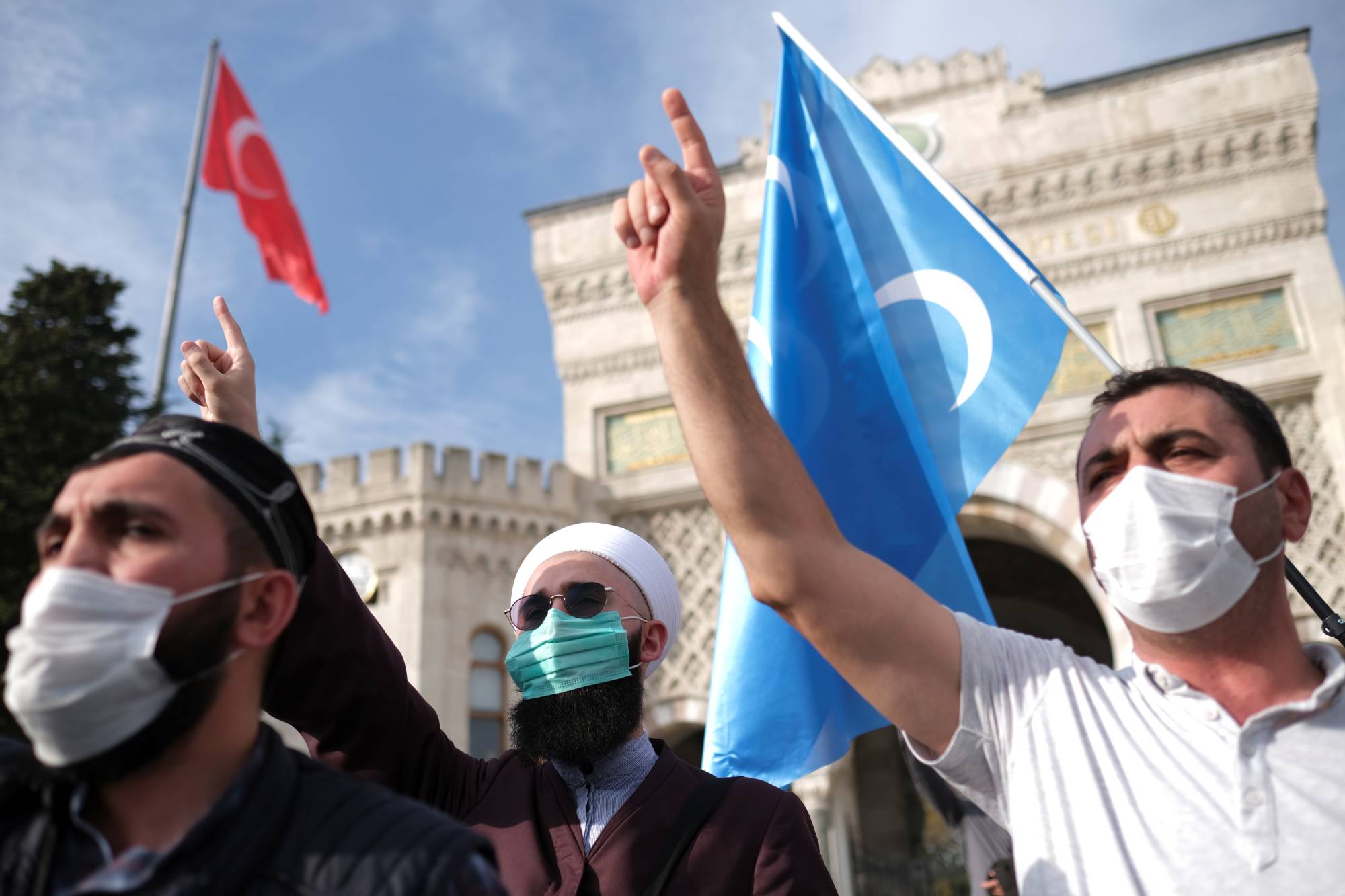In October, an 18-year-old Chechen immigrant stalked, stabbed and decapitated a history teacher, Samuel Paty, in a Paris suburb near the middle school where Paty worked. Soon after, a Quran-carrying Tunisian man beheaded a woman and fatally stabbed two other people in a church in Nice. In the same month, two British-born Islamic State (ISIS) militants were brought to the United States to face trial for their participation in a brutal abduction scheme in Syria that ended with American and other hostages beheaded on camera.
In a world wracked by violence, such killings stand out for their savagery. While the absolute number of victims is relatively small, the threat this practice poses to fundamental principles of modern civilization should not be underestimated.
The ancient Greeks and Romans instituted beheading as a mode of capital punishment. Today, radical Islamists commonly employ it in extrajudicial executions, which have been reported in a wide range of countries, including Egypt, India, the Philippines and Nigeria. In Mozambique, up to 50 people, including women and children, have reportedly been murdered — and, in many cases, decapitated — by ISIS-linked fighters in the last month alone.


















With your current subscription plan you can comment on stories. However, before writing your first comment, please create a display name in the Profile section of your subscriber account page.